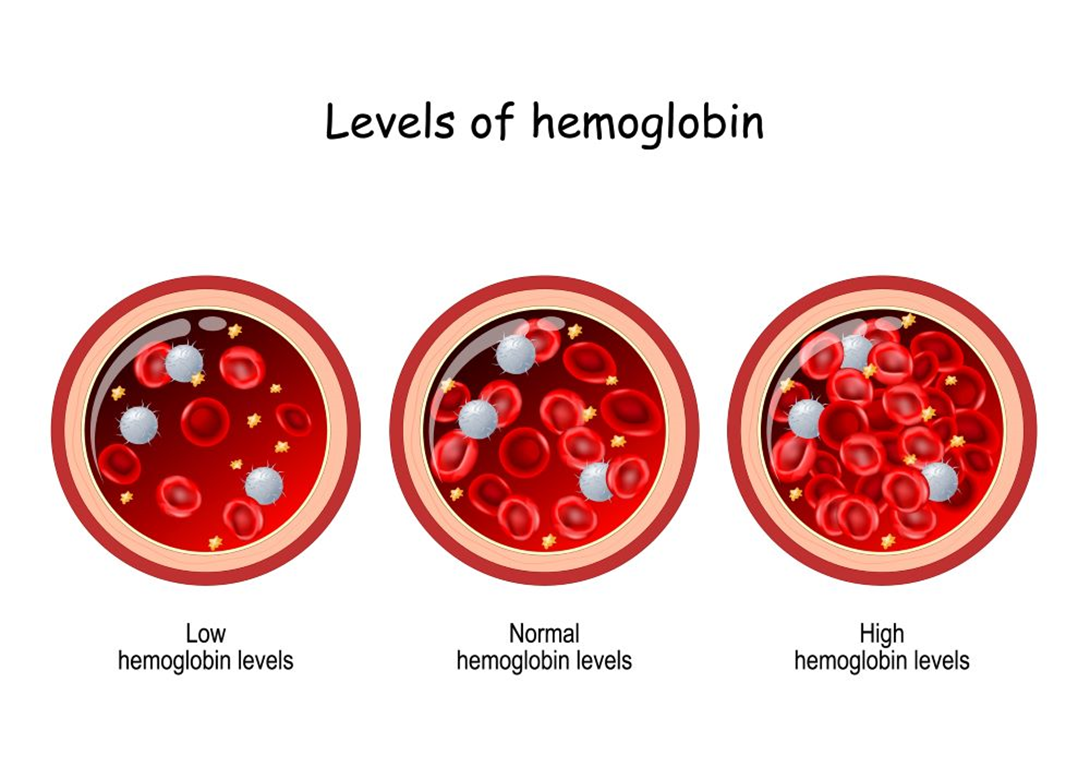A nurse is caring for a group of clients who are receiving physical therapy. Which of the following information regarding a client should the nurse report to the physical therapist?
A client has a hemoglobin of 5 g/dL.
A client has a prescription for a clean-catch urine test.
A client has opioid-induced constipation.
A client has a new diagnosis of colorectal cancer.
The Correct Answer is A
Choice A reason: This is the correct choice because this information is relevant and important for the physical therapist. A hemoglobin of 5 g/dL indicates severe anemia, which can cause fatigue, weakness, shortness of breath, and palpitations. The physical therapist should be aware of the client's condition and adjust the therapy accordingly. The physical therapist should also monitor the client's vital signs, oxygen saturation, and tolerance to activity.
Choice B reason: This is not the correct choice because this information is not relevant or important for the physical therapist. A clean-catch urine test is a diagnostic test that requires the client to collect a midstream urine sample in a sterile container. The physical therapist does not need to know about this test or its results, as it does not affect the client's physical therapy.
Choice C reason: This is not the correct choice because this information is not relevant or important for the physical therapist. Opioid-induced constipation is a side effect of opioid medications that can cause abdominal pain, bloating, and difficulty passing stools. The physical therapist does not need to know about this condition or its treatment, as it does not affect the client's physical therapy.
Choice D reason: This is not the correct choice because this information is not relevant or important for the physical therapist. A new diagnosis of colorectal cancer is a serious and life-changing condition that requires medical and surgical interventions. The physical therapist does not need to know about this diagnosis or its prognosis, as it does not affect the client's physical therapy.

Nursing Test Bank
Naxlex Comprehensive Predictor Exams
Related Questions
Correct Answer is A
Explanation
Choice A reason: Measuring the client's vital signs is the first action that the nurse should perform, as it helps to assess the client's condition and the possible effects of the medication error. The nurse should monitor the client's blood pressure, heart rate, and respiratory rate closely and report any changes or abnormalities to the provider.
Choice B reason: Completing an incident report is not the first action that the nurse should perform, as it does not address the client's immediate needs or safety. The nurse should complete an incident report after providing care to the client and documenting the medication error in the client's record. The incident report should include the facts of the error, the actions taken, and the outcome of the client.
Choice C reason: Informing the nurse manager is not the first action that the nurse should perform, as it does not provide any intervention or treatment for the client. The nurse should inform the nurse manager after measuring the client's vital signs and calling the provider. The nurse manager can offer support and guidance to the nurse and help with the follow-up actions.
Choice D reason: Calling the provider is not the first action that the nurse should perform, as it does not give the nurse any information about the client's status or the severity of the error. The nurse should call the provider after measuring the client's vital signs and reporting the findings. The provider can order any necessary tests or treatments for the client.
Correct Answer is A
Explanation
Choice A reason: This is the correct choice because a social worker can help the parent with financial assistance, insurance coverage, or other resources to obtain the nebulizer and the medication for the child. A social worker can also provide emotional support and education to the parent and the child about asthma management.
Choice B reason: This is not the correct choice because a pharmacist can only provide information about the medication, such as the dosage, side effects, and interactions. A pharmacist cannot help the parent with the cost of the nebulizer or the medication.
Choice C reason: This is not the correct choice because child protective services is not a referral that the nurse should recommend in this situation. The parent is not neglecting or abusing the child, but rather expressing a concern about the affordability of the nebulizer. Reporting the parent to child protective services could cause more harm than good to the parent-child relationship and the child's well-being.
Choice D reason: This is not the correct choice because a respiratory therapist can only provide technical assistance and education on how to use the nebulizer and the medication. A respiratory therapist cannot help the parent with the cost of the nebulizer or the medication.
Whether you are a student looking to ace your exams or a practicing nurse seeking to enhance your expertise , our nursing education contents will empower you with the confidence and competence to make a difference in the lives of patients and become a respected leader in the healthcare field.
Visit Naxlex, invest in your future and unlock endless possibilities with our unparalleled nursing education contents today
Report Wrong Answer on the Current Question
Do you disagree with the answer? If yes, what is your expected answer? Explain.
Kindly be descriptive with the issue you are facing.
